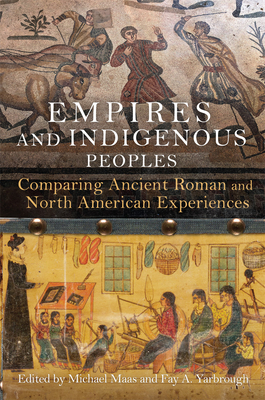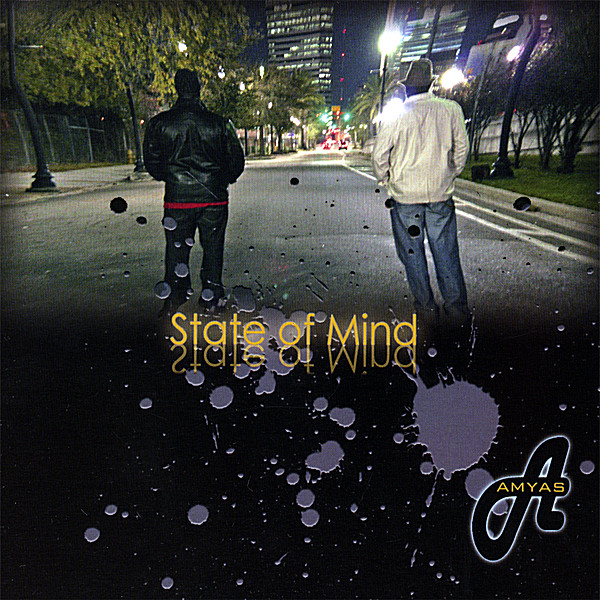
Maas, Michael
In this book, leading scholars of ancient Roman and early anglophone North America examine the mutual perceptions of the Indigenous and the imperial actors. They investigate the rhetoric of civilization and barbarism and its expression in military policies. Indigenous resistance, survival, and adaptation form a major theme. The essays demonstrate that power relations were endlessly adjusted, identities were framed and reframed, and new mutual knowledge was produced by all participants. Over time, cultures were transformed across the board on political, social, religious, linguistic, ideological, and economic levels. The developments were complex, with numerous groups enmeshed in webs of aggression, opposition, cooperation, and integration. Readers will see how Indigenous and imperial identities evolved in Roman and American lands.
Finally, the authors consider how American views of Roman activity influenced the development of American imperial expansion and accompanying Indigenous critiques. They show how Roman, imperial North American, and Indigenous experiences have contributed to American notions of race, religion, and citizenship, and given shape to problems of social inclusion and exclusion today.







